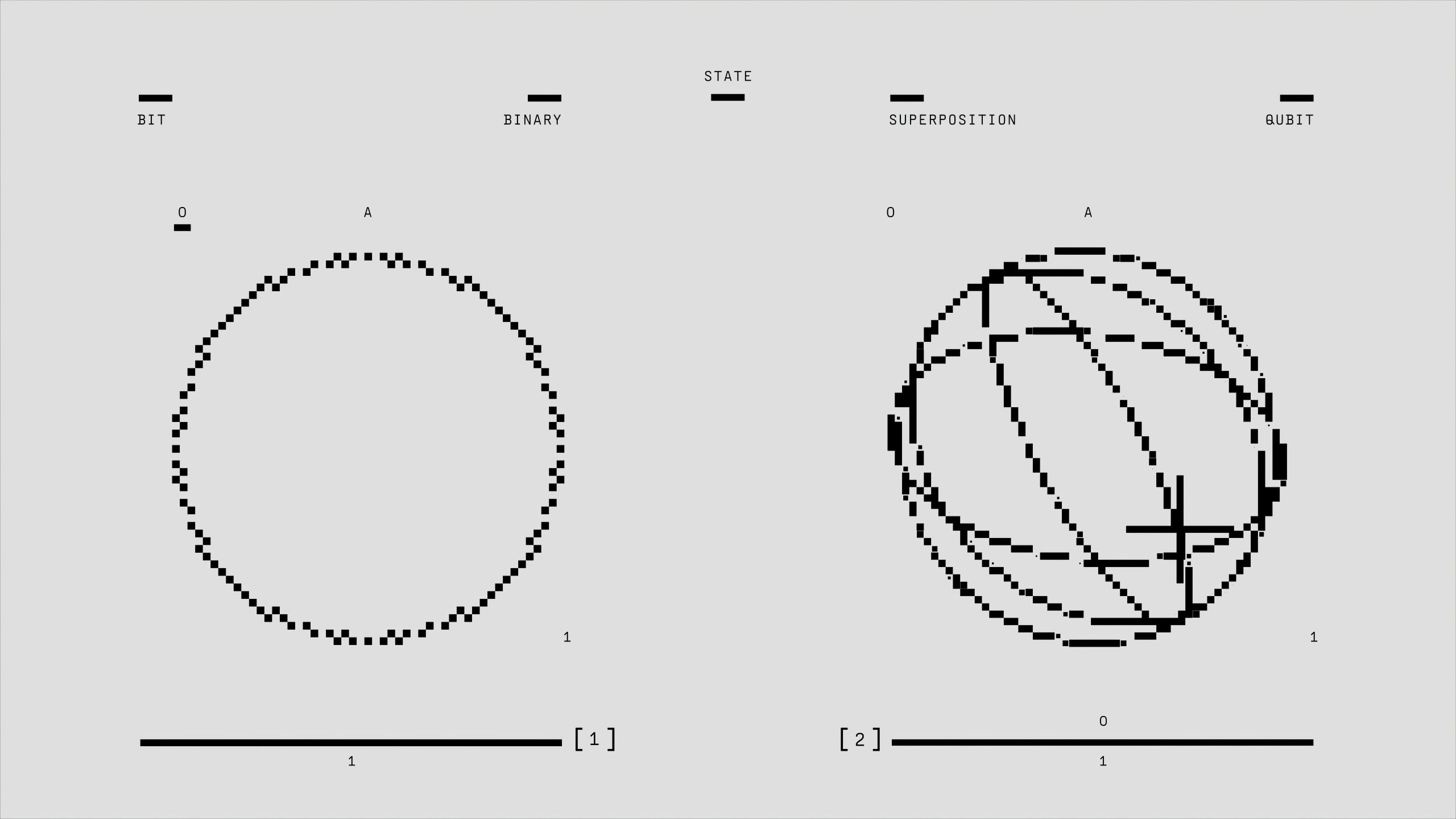Understanding the Human ‘Being’ Versus ‘Doing’: Implications for Artificial Intelligence
Understanding the Distinction Between Human “Being” and Human “Doing”: Implications for Artificial Intelligence
In our contemporary discourse, particularly in the realm of artificial intelligence, we often find ourselves grappling with profound philosophical questions regarding the very nature of humanity. One particularly intriguing distinction arises between the concepts of “human being” and “human doing.” This distinction may have crucial implications for how we understand and develop AI technologies.
At its core, the term “human being” evokes a sense of existence that transcends mere actions. It embodies the essence of who we are—our thoughts, emotions, consciousness, and self-awareness. This aspect of humanity is a quiet, introspective state that allows for contemplation and reflection. In contrast, “human doing” pertains to the active engagements and tasks we undertake—whether we are driving, working, or participating in leisure activities. It’s the dynamic side of our existence, often defined by our productivity and actions.
Consider the act of thinking. Is it fundamentally altered depending on our activity? When one is immersed in a task, such as driving or working, the thought process might vary significantly from when one is in a meditative state. Meditation, for instance, represents an intentional effort to cultivate awareness, focus, and mindfulness—activities that typically require a conscious effort to disengage from the chaos of daily life.
This leads us to ponder whether artificial intelligence can partake in such an experience. Can an AI truly “meditate,” or is it simply processing data? While algorithms can mimic certain aspects of human thought—analyzing patterns, making predictions, or even simulating conversations—these functions do not equate to the rich, subjective experience that accompanies human existence.
To explore this distinction further, we must ask ourselves: What does it mean to exist as a “human being” in contrast to simply performing actions as a “human doing”? How does this understanding shape our expectations and ethical considerations as we innovate and interact with artificial intelligence?
As we delve deeper into the intersections of humanity and technology, these questions will continue to challenge our perceptions and inform the development of more empathetic and nuanced AI systems. The journey to understanding the essence of our being in a world increasingly populated by machines remains both an exciting and essential endeavor.














Post Comment